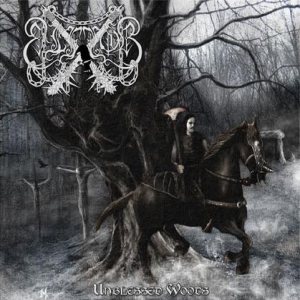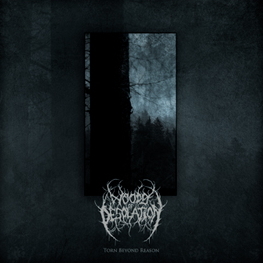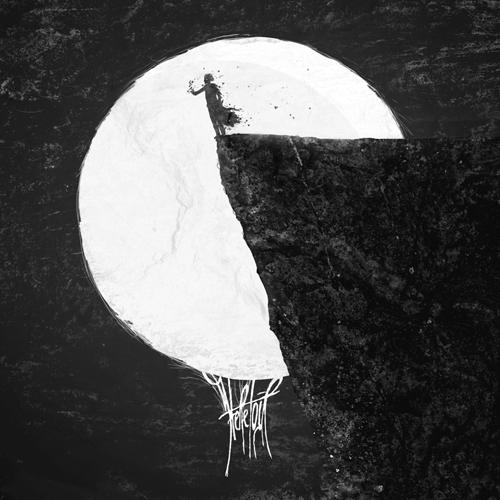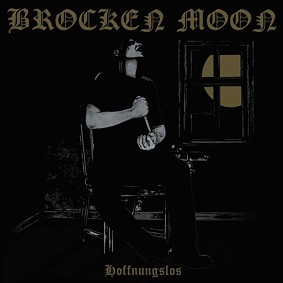Taking on an Angantyr album is never a
simple task. The songs drag on and on, there's no real variation
during whole albums, and a foreign listener can't really even follow
the lyrical story. So what's the catch? Honestly I'm not sure, even
though I consider 2007's Hævn to be a monumental record
that carries a lot of personal importance for me.
And although Ynleborgaz's music doesn't
base on any really unique ideas, it's always recognizable Angantyr.
The deal is rather straightforward black metal that balances 50/50 on
two elements that are atmosphere and hatred – not separately, but
always combined. And when a certain kind of nostalgic mourning gets
conflated with the disgust and hate towards Christianity, you get the
proud, paganish style that the band has been executing since 1997.
The newest album, Forvist, follows
these familiar steps closely, and before embarking on its journey I
was unsure if I could take another round of the same style, but
apparently I can and with largely positive thoughts. What always
grabs my attention is the ultimate, and I really mean ultimate,
endurance and power of the sole member behind it all. He may whack the kit like a
machine for continuous 10 minutes as well as firing those
tremolo-riffs for an eternity. So maybe the feeling of endurance,
'never-give-up' kind of attitude is part of Angantyr's attraction,
which is very true in Forvist's case too. He comes up with these
menacing yet tragic riffs and holds the listener in trance for at
least six minutes every time – and then it's time for another. It
all conveys the journey-kind-of feeling very strongly.
It's pretty hard to mention any
particularly shining moments on Forvist because it's pure ancient battle all the way through. The feeling of a consistent whole is further
evoked by the fitting appearances of an acoustic guitar in the
beginning and the end of the voyage. Anyhow, as already said, it's
not necessarily easy to like something as, ehm, stagnant as this
album, but at least personally I don't mind having a little task of
really getting into a record – no matter how stale it might sound
at first – because in the end it rewards. This is a thing I guess I
should have realized in the case of 2010's Svig that I largely
ignored, and now it might be a good time for me to look at it with
different eyes.
3.5 / 5





